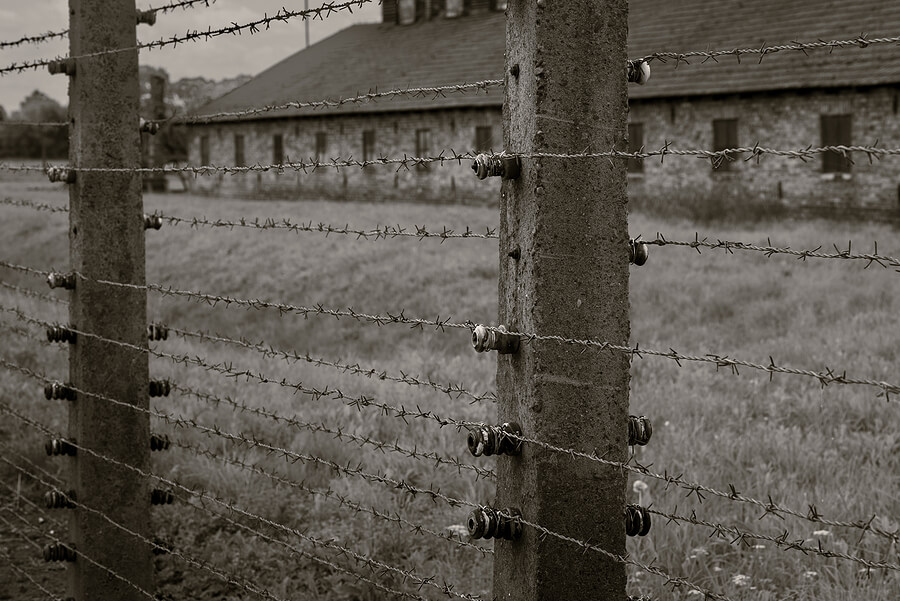This Mother’s Day, I want to share something personal about my family’s history. My parents, Helene and Simon Silverberg, were both Holocaust survivors. Residents of Poland, they met in a displacement camp in Regensburg, in Western Germany. My mother’s mother and her sister were murdered in the Treblinka concentration camp and most, if not all, members of my father’s family were also killed.
In five years, there will be no more living witnesses to the Holocaust, one of the darkest times of humanity. This makes remembering what happened to 6 million Jews in Europe increasingly important in a time when many Americans seem to have forgotten why this particular brand of hatred is so evil.
My parents came to the United States on January 20, 1949, the day Harry S. Truman became President. They built a life together in Nassau County and never spoke to us about their experience, or how they survived.
Only after my mother died and the family was cleaning out her home did we find scrapbooks filled with thank you cards from elementary school children. It turned out she was going to schools and teaching the children about the Holocaust.
My father never spoke about his experience to anyone.
In May 1996, my mother made an hour and forty-five minute video about her experience and her history with the Shoah Foundation, the Institute for Visual History and Education, a nonprofit dedicated to making audiovisual interviews with survivors and witnesses of the Holocaust, founded by Steven Spielberg.
We recently came across the video, and our family has watched it with great respect and admiration for my mother. At a very young age, she was separated from her family during wartime and forced to stay in one of the infamous ghettos in Poland. They killed 95% of the Jews in the city, but because she was able to work in a factory, she was not killed.
She never spoke to us about her experience, but she clearly recognized the importance of her role as a survivor and teaching others so this horror would never be repeated.
On this Mother’s Day, when there are fewer and fewer survivors and antisemitism is increasing, I think it becomes more important to weave my family’s history into the secular fabric of our celebrated holidays.
The Anti-Defamation League reports a staggering 36% increase in the number of antisemitic incidents in the U.S. in 2022. This is the third time in five years the tally has been the highest number ever recorded since the ADL began collecting data in 1979.
But we don’t need to look at the data, only the headlines, to confirm the rise in hatred.
For those of you who think we are “safe” because we live in New York, the ADL reports that New York State has the highest number of reported incidents, followed by California, New Jersey, Florida, and Texas. These five states add up to 54% of the total incidents.
Much of this is a direct result of activity by organized white supremacist groups, as witnessed by the latest mass shooting in Texas. Another is a national culture that only a few years ago normalized both antisemitism and racism.
In honor of my mother, with hope for a better future for my children and grandchildren, I have a personal responsibility to remind us why we can never forget what happened in the past.

